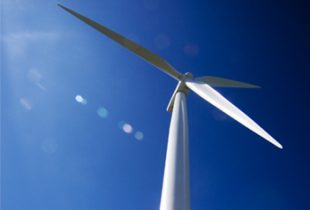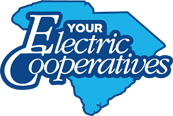Alternative Energy
ESSENTIAL QUESTION: Why is it important for us not to waste energy and consider alternative energy sources?
Wind Energy
Wind-generated electricity is the fastest growing renewable energy source in some sections of our country, but there are virtually no onshore wind resources in South Carolina. Until off-shore resources can be effectively developed, there is no reliable source of wind-generated electricity in the state. Clemson University has been working on an offshore wind turbine.
Learn more:
Energy Efficiency
Other ideas:
Make energy efficiency behavior charts where the children can put a checkmark every time they do something to save energy. For instance, put a line on the chart for a family bike ride instead of a car ride, or for remembering to turn off a light switch when leaving a room. Other ideas include asking parents to turn down the thermostat a few degrees in the winter or up a few degrees in summer, and taking short showers instead of baths.
Create energy-saving posters to display at home or at school illustrating ways people can save energy in their homes or at school, such as turning out the lights or using energy-efficient light bulbs.

QUESTIONS TO CONSIDER

OUR THINKING...
In second grade, students are introduced to the concept that, when air interacts with objects, the objects move, and to the methods used to measure wind direction and speed. Here, we expand into the concept of wind energy—capturing the wind to do work for us.
STATE STANDARDS AND INDICATORS
2-ESS2-3. Obtain information to identify where water is found on Earth and that it can be solid or liquid.
2-ESS3-1. Design solutions to address human impacts on natural resources in the local environment. State Assessment Boundary: Assessment does not include energy resources such as coal or other fuels.
ESS3.C: Human Impacts on Earth Systems Things that people do to live can affect the world around them. But they can make choices that reduce their impacts on the land, water, air, and other living things.